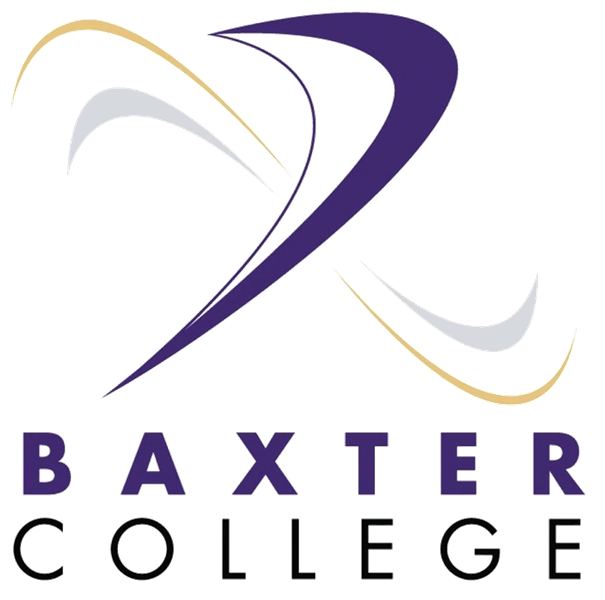Classroom Routines
STEPS
STEPS is a simple whole-school strategy, centred around key principles of self-regulation. The use of STEPS ensures a consistent approach to classroom culture, allowing learning to take place free from distration.

Learning Principles

Our lessons are structured around the TEEP cycle and our learning principles to ensure that students are provided with a consistent learning experience.
Relationships and Routines/ Positive Learning Behaviours
- Our classrooms will have consistent routines to ensure that learners feel secure and have a clear understanding of learning expectations.
- The learning environment will prioritise mutual respect and responsibility, fostering vital relationships.
- We will establish essential behaviours that support learning for life.
Sequenced Knowledge
- Our teachers are passionate about teaching and learning. Sequencing will provide deep knowledge, enthusiasm and understanding of their subject.
- We will provide a context to learning, which will clearly set out where we have been, where we are now, and this is linked to future learning so our students value learning.
Challenging Learning
- Effective planning demonstrates an understanding of the connection between cognitive load and working memory. Learning content should be challenging, sequencing in an order which helps students build and retain essential knowledge and skills.
- Lessons provide opportunities for developing digital, oracy, numeracy, and literacy-based strategies such as VIPERS Teachers plan aspirational learning to meet students' needs.
Lesson Design Elements
- Lessons are designed to include learning phrases from the evidence-informed TEEP cycle.
- The Phases of Present New Information, Construct Meaning, and Apply to Demonstrate are used to activate prior learning and deliberately connect ideas to what learners already know, intentionally deepening comprehension of concepts.
Ongoing Quality Assessment and Feedback
- A variety of assessment methods will be used to evaluate student learning. These methods will allow students to retrieve knowledge, enabling teachers to assess understanding and address misconceptions.
- Students will receive continuous and frequent feedback, allowing them to reflect on their learning, recognise areas where they require further support, and evaluate their performance. This approach will empower students to take ownership of their learning and monitor their progress.
